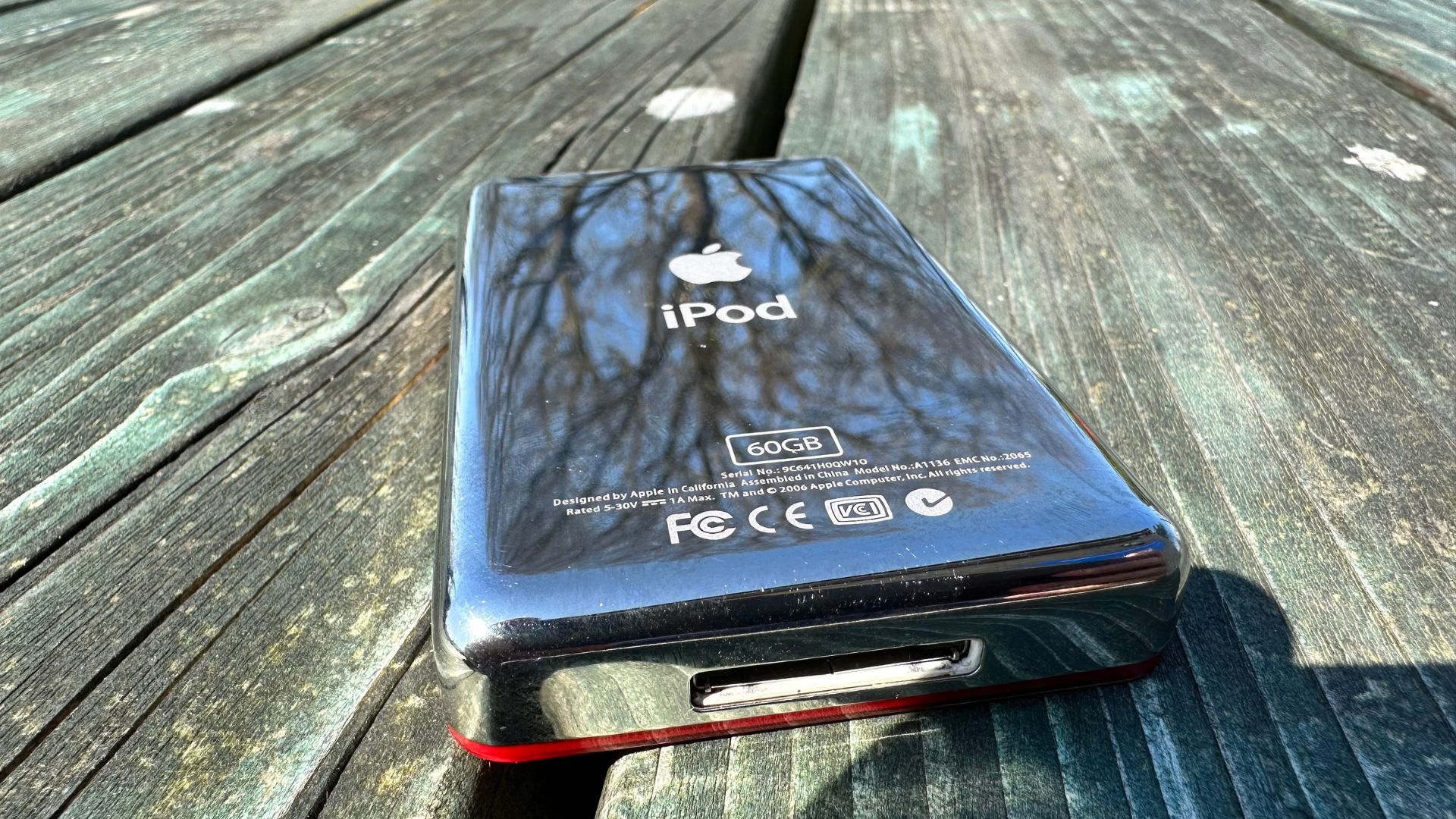
This week the Department of Justice landed Apple with the lawsuit of the century, claiming the company operates a monopoly over its iPhone products and iOS business model that stifles competition and hurts its competitors.
Amidst a myriad of strange claims, such as the idea that the dreadful Amazon Fire Phone failed because of Apple (and not because it was dreadful), a revisionist history of Apple’s iPod success has set tongues wagging on the internet.
As part of an introduction to the Apple vs. United States lawsuit, the Department of Justice claims Apple was a failing company on the brink of bankruptcy by the late 1990s, but that Apple’s fortunes changed “around the time it launched the iPod in 2001.” According to the suit, the iPod’s “innovative design” and “savvy marketing” were not enough to “drive a successful business strategy,” and instead a “confluence of several factors made it a smash success.”
Noting Apple’s iTunes software, a key piece of the iPod’s early success, the DOJ claims that “path-clearing antitrust enforcement case, brought by the United States and state attorneys general, against Microsoft, opened the market and constrained Microsoft’s ability to prohibit companies like Apple from offering iTunes on Windows PCs.”
The suit also claims that Apple’s licensing agreements with major music labels allowed it to offer users tons of music for a fee-per-download price. The DOJ says that this “gave Apple a playbook” for the iPhone which involves driving “as many consumers and third-party participants to the platform as possible and offer a wide selection of content, products, and services created by those third parties to consumers,” a strategy one could summarize as “make good products.”
iPod history, the internet reacts
“Reading the DOJ/Apple lawsuit again and some of this, such as the bizarre iPod history, is like a ChatGPT hallucination,” claimed Apple journalist Chance Miller. Stratechery’s Ben Thompson presented the DOJ’s claim about its “path-clearing” lawsuit with a simple “wut”, before adding “this is the worst history of iPod I've ever seen… retconning the Microsoft case to alim credit for the iPod is annoying and a distraction.” Not only is it thus, it’s also not true. As tech commentator Steven Sinofsky states, “Microsoft begged and pleaded for Apple to make iTunes available on Windows. The debate inside Apple about going to Windows is well-documented and established by the people who debated. How can you take this case seriously?”
As another commenter alluded to, it was the insatiable attitude of Steve Jobs that gave Apple access to its industry-leading licensing agreements. Sinofskey continues, “Notice there is no discussion of the enormous consumer benefit and love of the iPod. No discussion how it saved the music industry from piracy. No discussion of how it made the world’s music available in your pocket. NONE.”
The DOJ also completely ignores the most important reasons for the iPod’s success, notably its design and superb interface, including the iconic click-wheel. As revealed in Tripp Mickle’s book After Steve: How Apple Became a Trillion-Dollar Company and Lost Its Soul, Steve Jobs pressed Apple to create a portable music player as “the nascent MP3 market sparked dreams of a next-generation Sony Walkman.”
The iPod’s success was also buoyed by the initiative of head of hardware engineering Jon Rubinstein, who discovered a new type of miniature disk drive created by Toshiba. It was the original hardware behind the famous “a thousand songs in your pocket” device, Apple snapped up the rights to every disk Toshiba would make.
Microsoft knew at the time it had been beaten to the punch, but it was a full two years after the launch of the iPod that it brought iTunes to Windows, despite the DOJ’s miracle lawsuit. “I am assuming they went along because of the 70 cents per song is better than zero, even for the smaller Mac market. When Apple brings this to Windows (I assume they won't make the mistake of not bringing it to Windows, we will really be smoked.),” Microsoft’s David Cole told execs on April 30, 2003.
Famously, Jim Allchin said of the iPod that “Apple is just so far ahead”, and told Bill Gates he would buy a Mac today “if I was not working at Microsoft. Away from the DOJ’s claims that Apple’s iPod success was down to a “confluence” of factors, some beyond Apple’s control, clearly the people in the know at Microsoft knew it was because Apple’s iPod was just better than anything else on the market.
Given that the DOJ paints its iPod history as foundational to the success of the iPhone and the business model it is trying to overturn, it will be interesting to see whether this revisionist history of the iPod becomes a topic of discussion in court.







